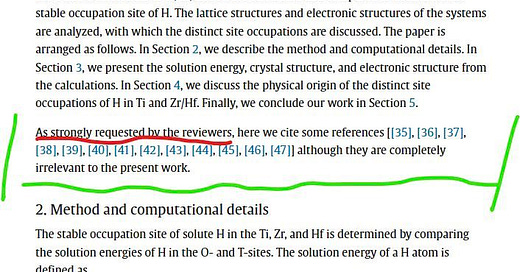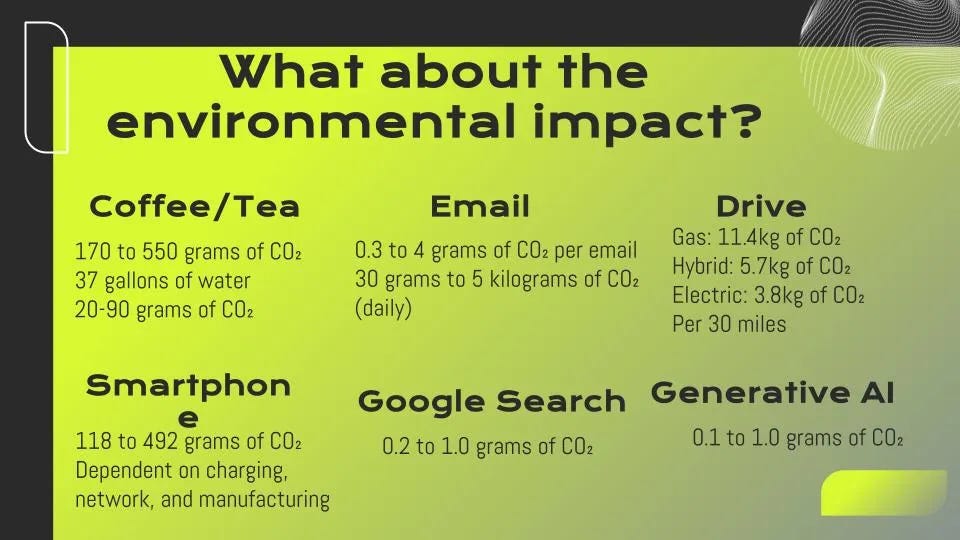PubTech Radar Scan: Issue 26
This update covers product launches from AgNetZero, Google's Learn About, MetaROR, Strain Explorer, PaperQA2, Spines, 8080 Books and 8th Note Press. Plus links to technology-related insights and discussions in AI, academic publishing, and academic research.
🚀 Launches
AgNetZero from Burleigh Dodds Publishing. Built on Librios’s generative business intelligence platform. I think this is an impressive product with a subscription and white-label business model. It's a GenBI tool, not a GenAI chatbot, demonstrating the power of niche publishers to leverage subject-specific data/expertise.
Learn About from Google (not available in the UK) is an experimental conversational, AI-powered learning companion. (Summary of what it does from SEJ.)
MetaROR (MetaResearch Open Review) is a new open platform designed to transform how we review and share metaresearch through the publish-review-curate model.
The Strain Explorer beta app uses data from the article, The strain on scientific publishing, to explore the growth in articles at various publishers and the strain this puts on the academic community.
PaperQA2 is an “agent optimized for retrieving and summarizing information over the scientific literature…. In addition, when applied to produce wikipedia-style summaries of scientific information, WikiCrow, an agent built on top of PaperQA2, produces summaries that are more accurate on average than actual articles on Wikipedia that have been written and curated by humans”. (See also Nature News Feature on Can AI review the scientific literature — and figure out what it all means?)
Spines, a newish book publisher wants to “disrupt” the books industry by publishing 8,000 books in 2025 alone using artificial intelligence (AI). Microsoft has launched its own imprint, 8080 Books covering thought leadership titles spanning technology, business, and society telling the Guardian that “technology has quickened the pace of almost every industry except publishing". ByteDance has also announced that it will start selling print books under its own imprint, 8th Note Press for the Millenial and Gen Z social media audience. (More in The Bookseller, author’s responses in The Guardian)
The Texthelp Group has announced the acquisition of Scholarcy but sadly The Researcher App has closed.
💡 Interesting
Can Google Scholar survive the AI revolution? Google Scholar is 20 years old. Will it be around in another 20? Maybe. I suspect Google Scholar’s status as a niche, non-revenue-generating product within Google will be more of a challenge than AI competitors when Anurag Acharya eventually decides to call it a day.
Gareth Dyke wonders why don’t publishers put authors first and switch to user-friendlier submission systems? ‘It’s all about the money, honey’ is only partially true. Switching submission systems is an epic undertaking and it’s complexity makes it expensive, but switching systems also generates a huge amount of 💩 for everyone involved. A large number of users who are often unpaid, who have used these systems for 20 years, and who generally hate change means submission system upgrades = a project from hell. Hats off to Wiley/WPS and their REX solution for finding a way to move forward more smoothly (but still not easily), by decoupling the author interface from the rest of ScholarOne.
Falsehoods Programmers believe about DOIs by Joe Wass
New STM Report about Trusted Identity in Academic Publishing (I was part of the group that worked on this) is a great intro to the growing challenge of research integrity in academic publishing, highlighting the need for improved identity verification methods to combat fraud while maintaining accessibility for all researchers
🦾 AI
⭐ Lots of interesting points in Lance Eaton’s keynote talk about GenAI and situating our responses to the technology in a historical context. [Slides and Commentary] ] I particularly liked this slide as it puts the environmental impacts of AI into perspective (haven’t fact-checked the data).
The message isn’t to downplay AI's environmental footprint but to encourage us to consider how AI usage aligns with and contributes to our overall consumption patterns.
How reliable are AI detectors for academic text and should you use AI for writing? by Ilya Shabanov. This has a section on how to bypass AI Detection tools using websites like https://writehuman.ai/ before moving on to talk about the ethical use of AI in academic writing.
Marina Adami from Reuters Institue on AI-generated slop is quietly conquering the internet. Is it a threat to journalism or a problem that will fix itself? David Caswell’s comment that “low-quality AI-generated content will be increasingly identified and curtailed by platforms. “It's like spam,” he said. “In the early days of email, it was completely out of control. But then we learned how to take care of it, and how to minimise it.”” reminded me of disappearing content in Google Scholar. A couple of years ago I did some work on “tortured phrases” and used Google Scholar to identify other papers containing these phrases. Curiously, many of those papers no longer appear in Goolge Scholar but I don’t have the full citations to check why. It could be that the text has been updated, Google has cleaned up their index, or the [usually junk/fake] papers have been deleted…
Arthur Perret: A Student’s Guide to Not Writing with ChatGPT provides a counterpoint to OpenAI’s “A Student’s Guide to Writing with ChatGPT”.
CIO feature by Grant Gross When is the right time to dump an AI project?
📚 Longer reads & Listening
Enjoying Midnight at the Casablanca, Paul Peters’ podcast in which he interviews notable academic publishing people
Enabling preprint discovery, evaluation, and analysis with Europe PMC. PLOS ONE paper describing “steps taken to build trust, improve discoverability, and support reuse of life science preprints in Europe PMC. Here we discuss the benefits of indexing preprints alongside peer-reviewed publications, and challenges associated with this process.”
The AI-Savvy Leader: Building the Leadership Skills to Make AI Work. This book makes some interesting points, but the audiobook’s narration is excruciatingly dull. This interview with the author, David De Cremer, includes the main points. Treat AI like a change management project: “AI needs to become part of your vision and your mission, so people understand why why it is that this new coworker is brought in.”
🔚 And finally…
I ❤️ this video by Tim Lloyd about how he relaxes by climbing trees.
Spotted on Twitter and hopefully real:
If you would like to get in touch drop me a line by replying to this email or I will be at the STM Innovations Day on 3 December.




